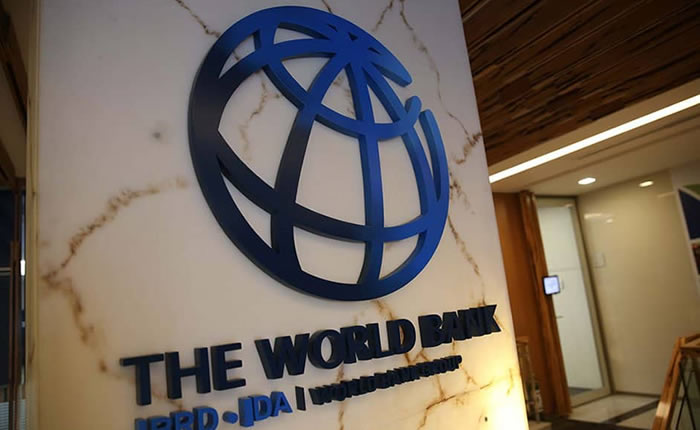
With a commitment totaling over $15 billion, the World Bank has affirmed its dedication to offering technical guidance and financial backing to facilitate economic advancement in Nigeria. The bank’s investments span various sectors such as sustainable energy, education for girls, economic empowerment for women, climate resilience, sanitation, and governance enhancements.
This announcement coincides with the approval of a new $2.25 billion loan to reinforce Nigeria’s economic stability and assist its vulnerable communities. The loan package comprises the $1.5 billion Nigeria Reforms for Economic Stabilization for Transformation Development Policy Financing Program and the $750 million Nigeria Accelerating Resource Mobilization Reforms Program-for-Results.
The objective is to amplify the country’s non-oil revenue generation, safeguard oil earnings, promote fiscal sustainability, and elevate the provision of quality public services.
In a feature article titled “Turning The Corner: Nigeria’s Ongoing Path of Economic Reforms”, published on its website, the World Bank highlighted Nigeria’s progress in implementing essential reforms that necessitate collaborative partnerships and support to achieve the ultimate goal of a thriving economy with job creation and enhanced human development.
The bank emphasized that Nigeria’s experience could serve as a model for the region, showcasing how macroeconomic and governance reforms, coupled with sustained investments in public welfare, can hasten growth and enhance citizens’ well-being.
According to the report, “Since May 2023, Nigeria has embarked on extensive and overdue reforms targeting economic stabilization and growth acceleration.
“The Central Bank of Nigeria facilitated the unification of multiple exchange rates, instituted a market-determined official rate, cleared the confirmed backlog of foreign exchange, and enforced stringent monetary regulations. These reforms have improved foreign exchange availability, benefiting businesses, consumers, and the overall economic growth.
Additionally, it stated, “The disparity between official and parallel market exchange rates has been eradicated, enhancing transparency and curbing corrupt practices and illicit activities.
“The government also implemented substantial adjustments to gasoline prices to initiate the phasing out of gasoline subsidies, which cost the nation over N8.6 trillion (US$22.2 billion) from 2019 to 2022. Studies show that the subsidies did not benefit the underprivileged but instead favored more affluent consumers, leading to widespread black-market activities and smuggling.”
The statement further added, “Amid Nigeria’s pursuit of economic prosperity, sustained endeavors are imperative to provide essential public amenities for its populace.
“The World Bank is steadfast in aiding Nigeria towards this goal through technical counsel and financial aid exceeding $15 billion across various sectors including sustainable energy, gender-specific education, empowerment of women, climate resilience, sanitation, and governance improvements.”
